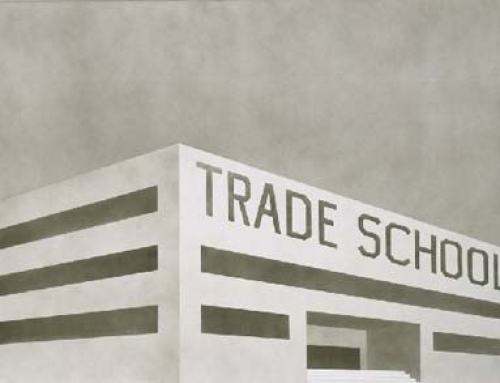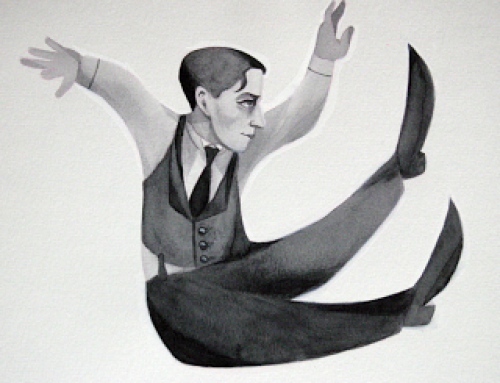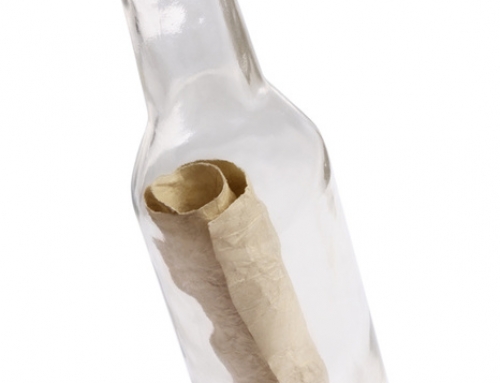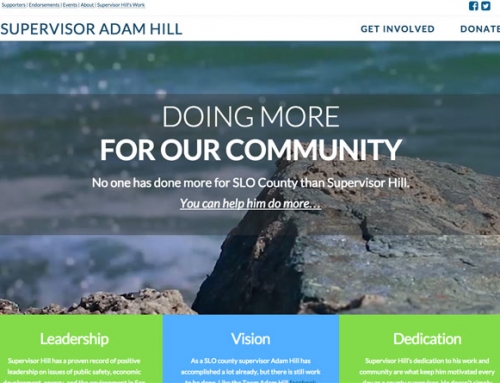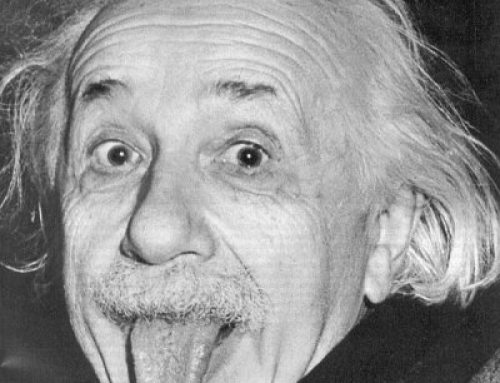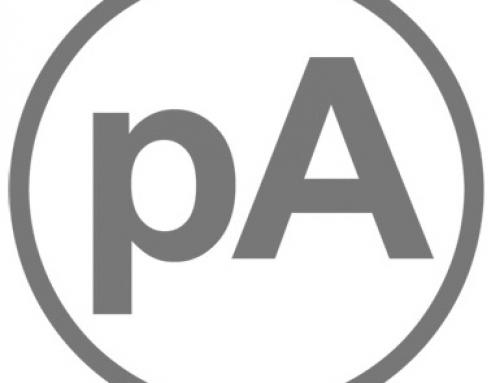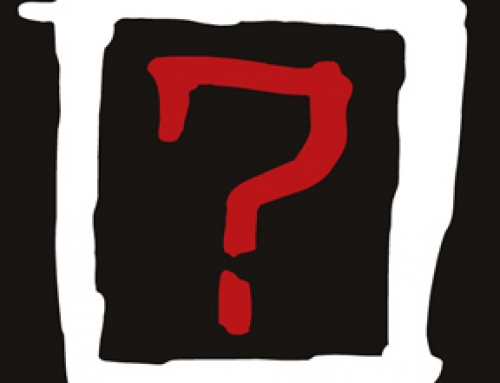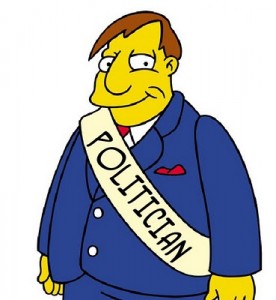 We came across an interesting question from Harvard Business School: does marketing help or hurt our democracy? Marketing has become so scientific that truth and facts, literally, have become optional. If such a thing as blame exists in political campaigns, who gets the blame? The politicians or the marketing and election strategists who design the campaign messages and talking points? Does this mean marketers will start getting a worse reputation than politicians? (or do we already?). Summary below, and full conversation can be found here.
We came across an interesting question from Harvard Business School: does marketing help or hurt our democracy? Marketing has become so scientific that truth and facts, literally, have become optional. If such a thing as blame exists in political campaigns, who gets the blame? The politicians or the marketing and election strategists who design the campaign messages and talking points? Does this mean marketers will start getting a worse reputation than politicians? (or do we already?). Summary below, and full conversation can be found here.
The bottom line from our perspective: encourage dialog and debate. However, that requires marketers be just as responsible as the politicians in fostering transparency and fairness within the spin that’s required of the job. Our goal: bring the honor back to the process and to the people.
In opening our conversation, we asked two questions: Do you think marketing by politicians and political parties helps or hurts democracy? Also, is the commercial marketplace, which tilts toward self-interest, more democratic than political institutions, which pursue the common good? Most readers agreed that political marketing – with all its flaws – helps democracy by legitimizing the political process and encouraging debate. One reader noted that Pakistan, where political information was once dominated by state-run television, is now open to competing sources of information such as candidate debates. “Our majority of less educated people is able to be more informed and is in a much
Still, some readers wondered whether political marketing in less-developed countries might be more problematic given the limited Internet and other research tools available for voters to fact-check the claims of candidates. And of course there is no guarantee that democracy results in the best candidates being elected or best laws passed – do consumers make better choices than voters? Is the commercial marketplace more democratic than political institutions? The answers coalesced around the opinion that both are democratic, but the differences between the two arenas make them difficult to compare. For example, the political shelf life of an elected official in the US is two or four years, while a consumer product might be “voted out of office” in months. “As a result,” said Peter Kaye, ” I think that the commercial marketplace is much more democratic than political institutions, since consumers can vote for one brand today, and a different one the next, depending on which meets their needs the best.”
Find the entire conversation on the Harvard Business School website.

